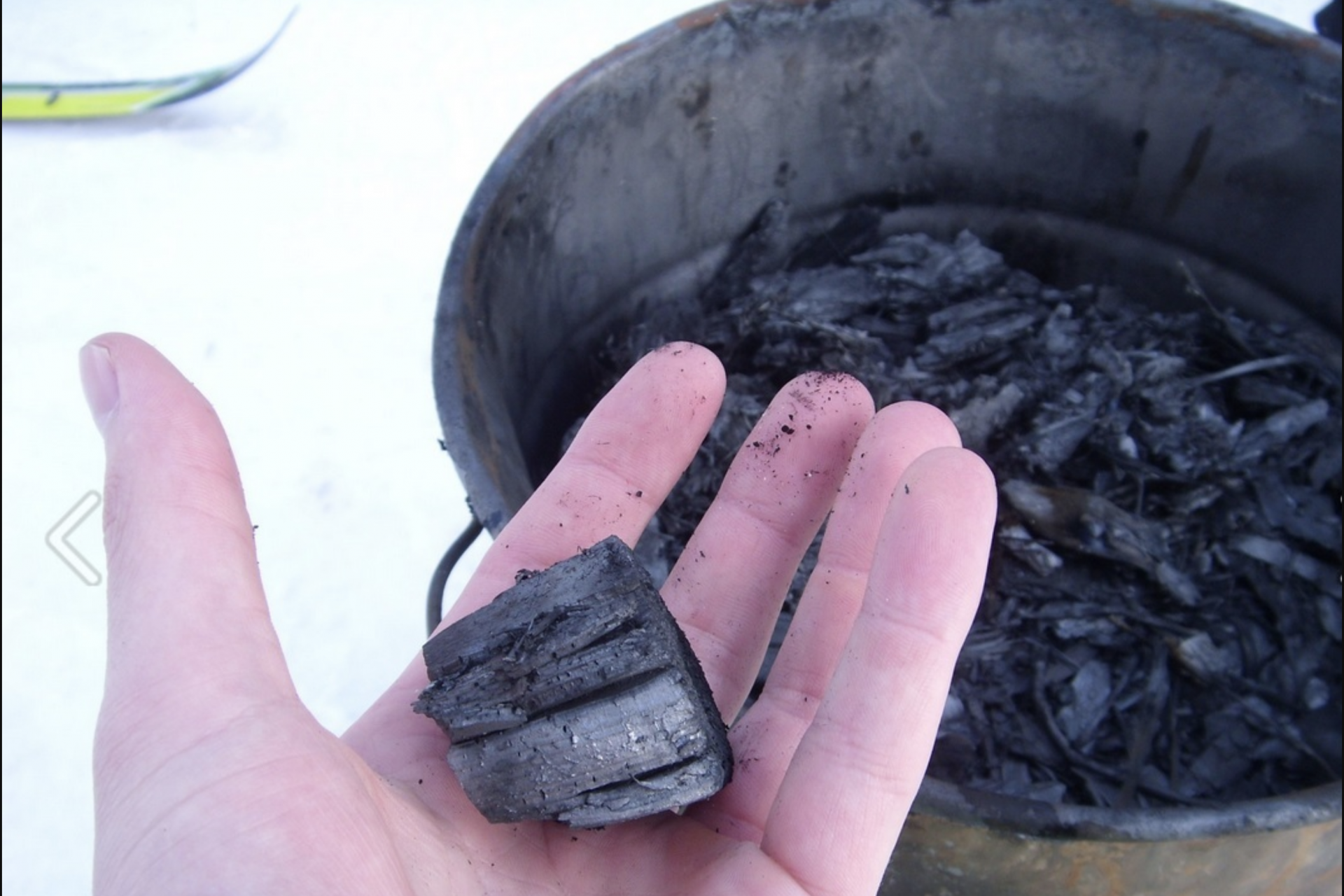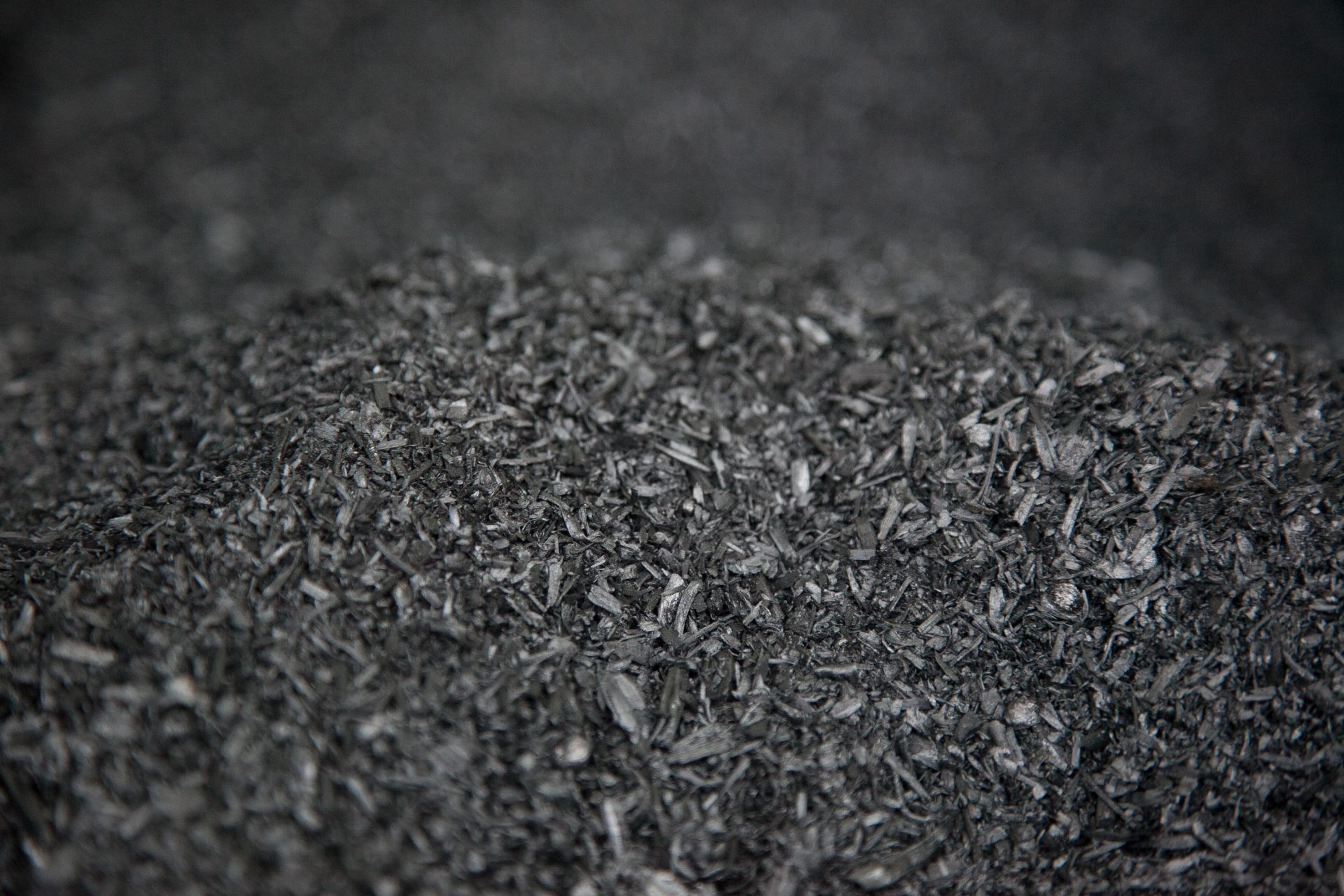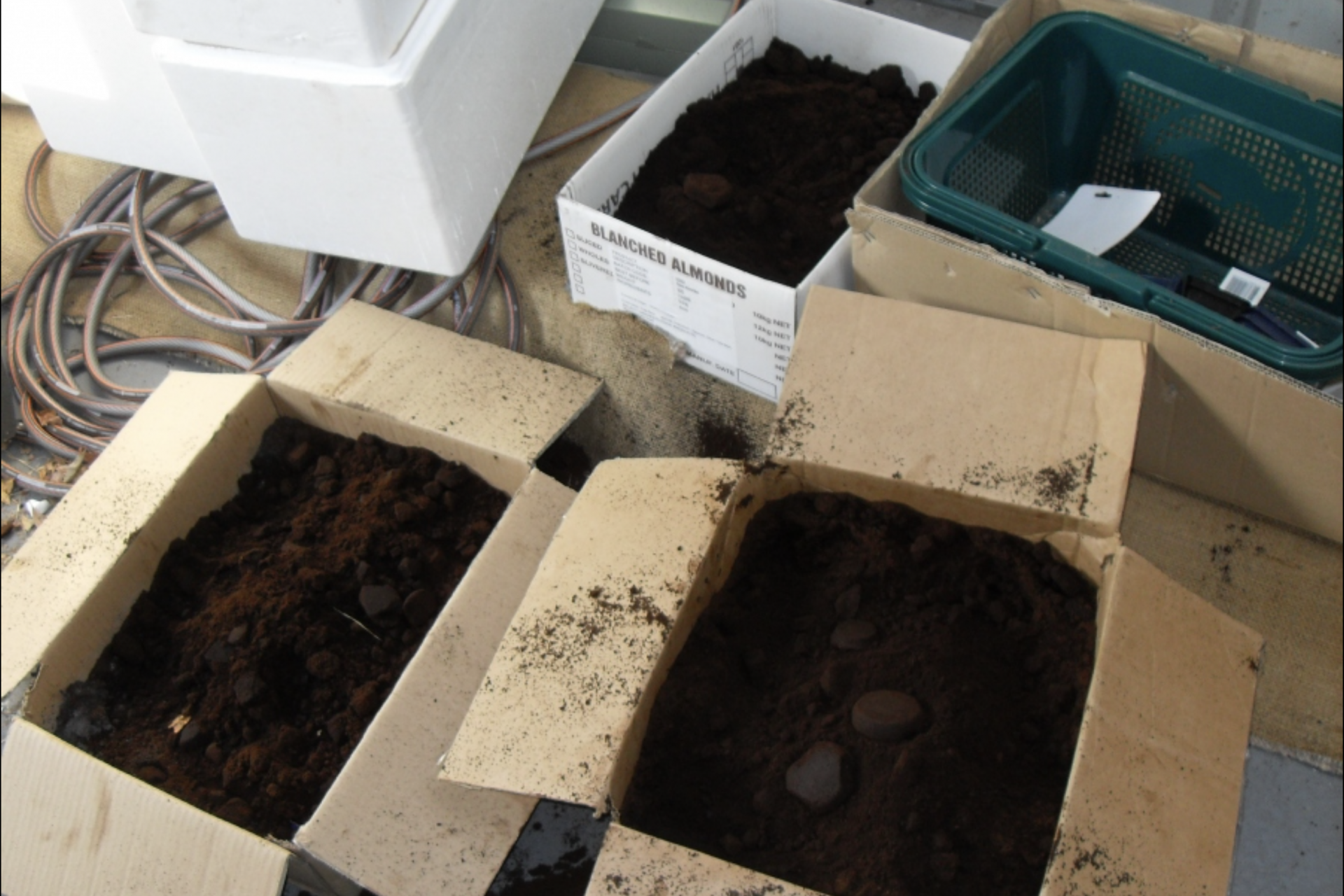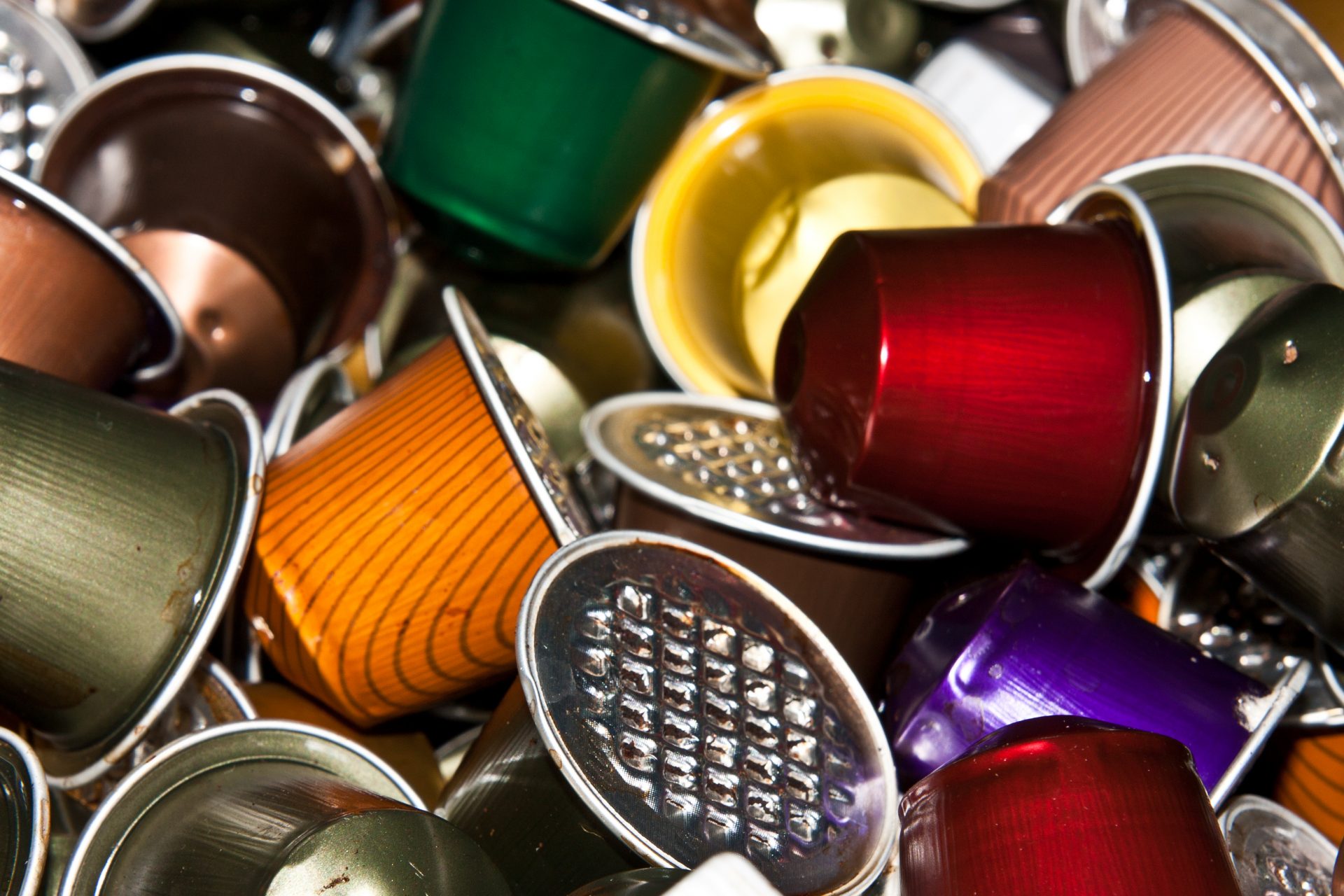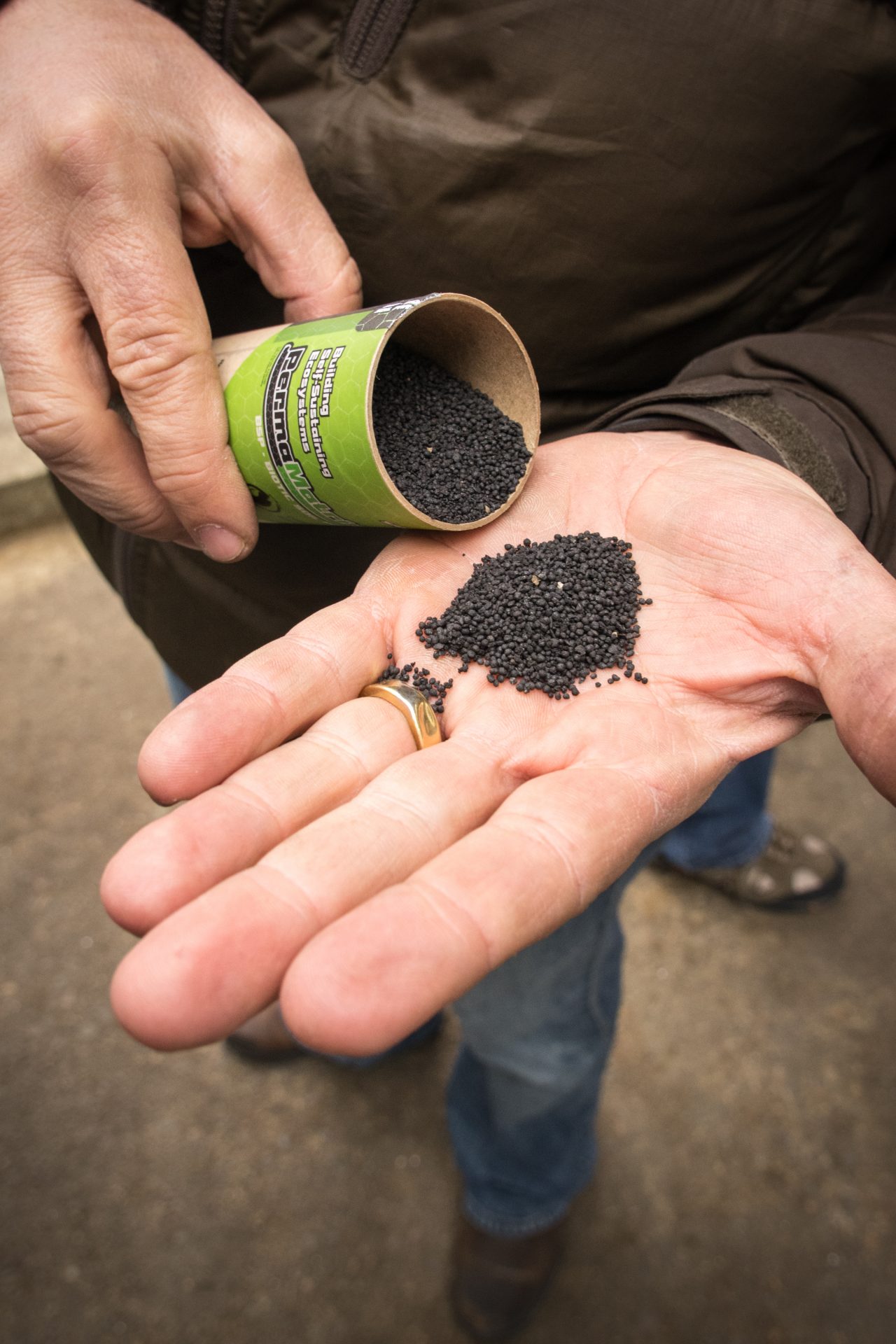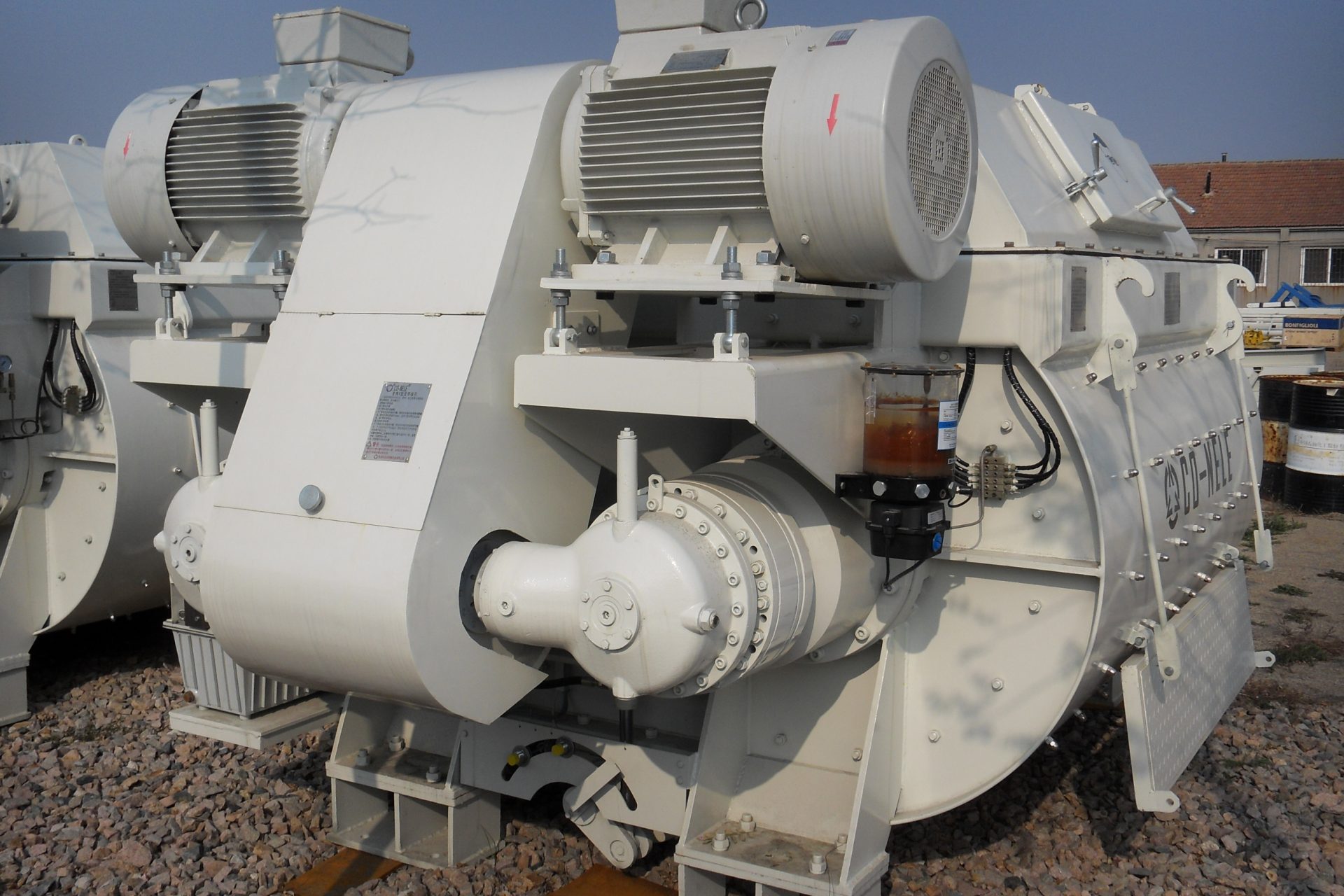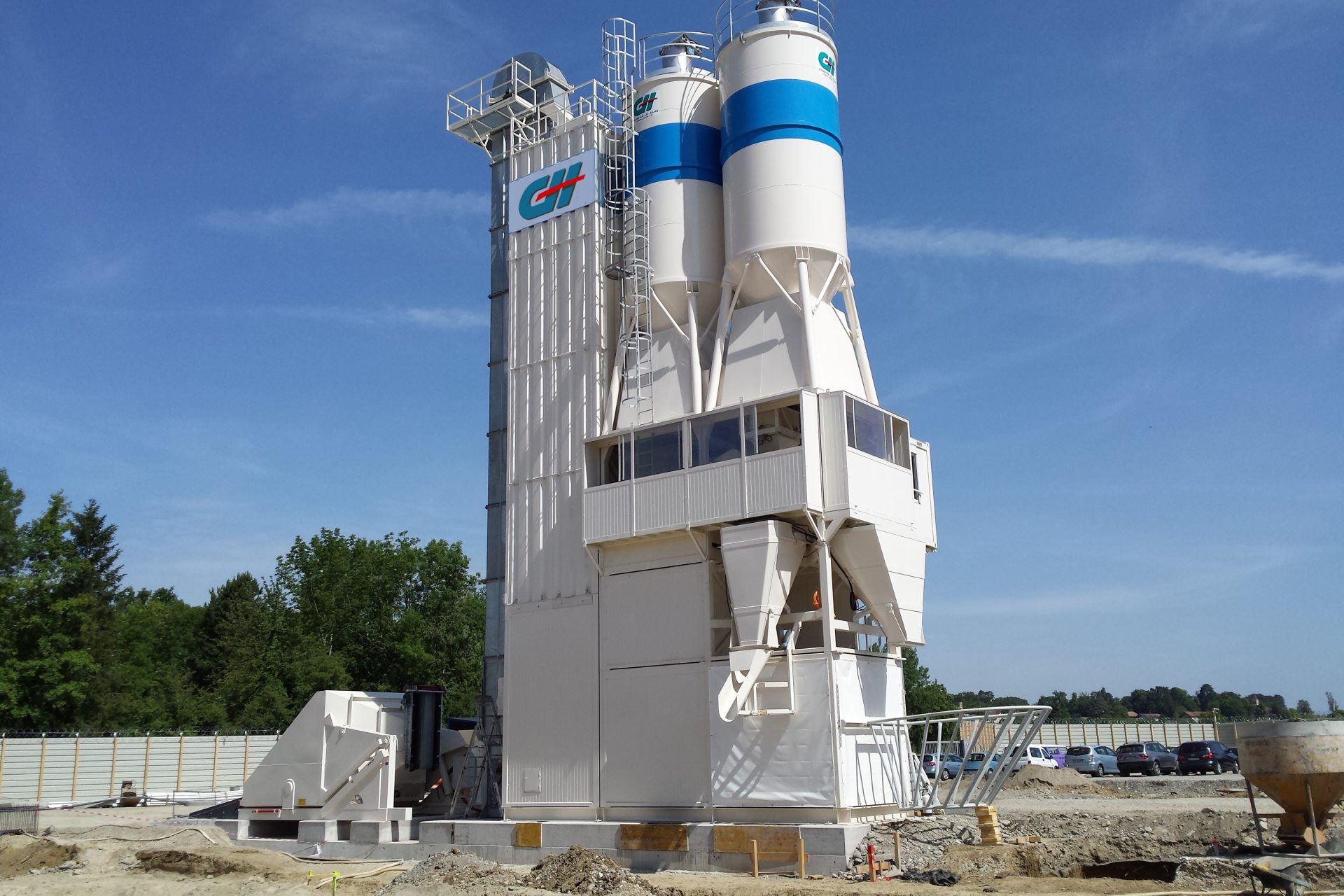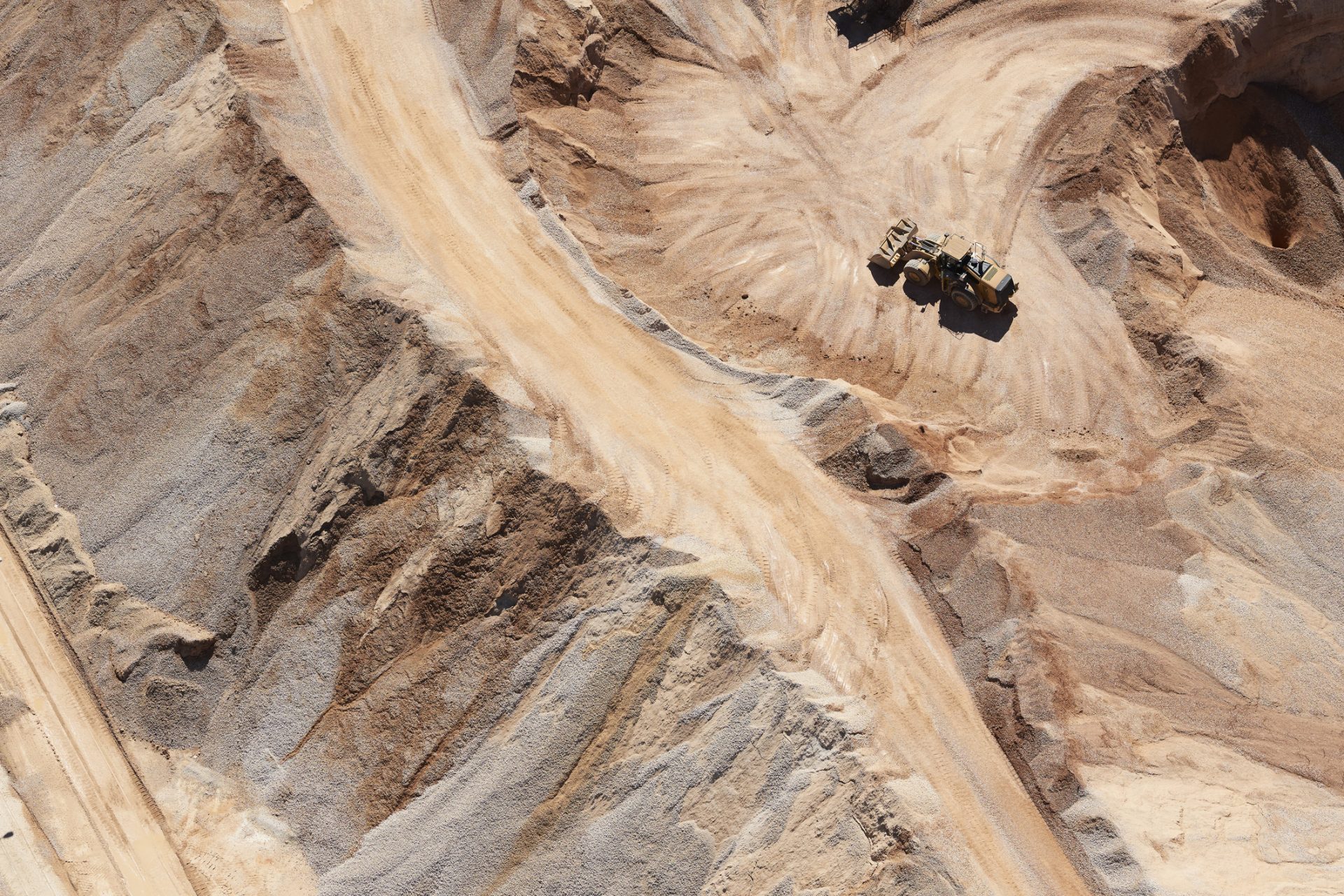Australia's ground-breaking construction innovation: coffee grounds!
Researchers have developed a technique that can make concrete a lot stronger and all that’s needed are some old recycled coffee grounds according to the method’s creators.
Engineers from the Royal Melbourne Institute of Technology say their method can make concrete 30% stronger just by adding in used-up coffee grounds when mixing concrete.
The researchers converted old coffee grounds into a material called biochar, something The Guardian described as a “lightweight residue that is similar to charcoal.”
Photo Credit: Wiki Commons
The biochar was used to replace a portion of the sand normally added in the production of concrete and it was this mixture that dramatically increased the strength of the yield.
Photo Credit: Wiki Commons
Study co-lead Dr. Shannon Kilmartin-Lynch explained to The Guardian that the idea to replace some sand with coffee grounds resulted from a desire to lessen coffee waste.
Photo Credit: Wiki Commons
“There was a lot of ground coffee and coffee pods being discarded,” she explained and added that her team wanted to see if that waste could be reused in order to cut waste.
Photo Credit: Wiki Commons
Kilmartin-Lynch said that she and her fellow researchers were interested in seeing if the coffee waste could be changed or transformed “into a more valuable sort of material.”
Photo Credit: Wiki Commons
Australia alone generates roughly 75 million kilograms or 165 million pounds of coffee waste each year, a press release by the Royal Melbourne Institute of Technology noted.
Most of that waste ends up in landfills—and while it may not seem like too much—there are roughly 10 billion kilograms or 22 billion pounds of coffee waste created globally.
Moreover, this coffee ground waste can prove to be quite challenging and problematic from an environmental standpoint according to study lead author Dr. Rajeev Roychand.
Roychand explained in a statement the disposal of organic coffee grounds emits a large amount of greenhouse gasses like carbon dioxide and contributes to climate change.
The finding has proven to be very popular in Australia and several local governments in the country have reached out to the researchers about using their work in their regions.
Photo Credit: Wiki Commons
“[Several councils] have already engaged us for their upcoming infrastructure projects incorporating pyrolyzed forms of different organic wastes,” Roychand explained.
Photo Credit: Wiki Commons
Dr. Rajeev Roychand noted that the concrete industry could benefit from using recycled coffee grounds in their production but stressed the research was still in its early stages.
Photo Credit: Wiki Commons
“These exciting findings offer an innovative way to greatly reduce the amount of organic waste that goes to landfill,” Roychand said. But there is one more reason why the finding is important
The world is quickly running out of the type of sand it requires to make concrete with the New Scientist predicting soaring global demand could see half of sand used by 2060.
Photo Credit: Wiki Commons
If coffee grounds can make concrete stronger and replace a part of the sand needed it could prove to be a solution to two major problems facing the concrete industry.
More for you
Top Stories





